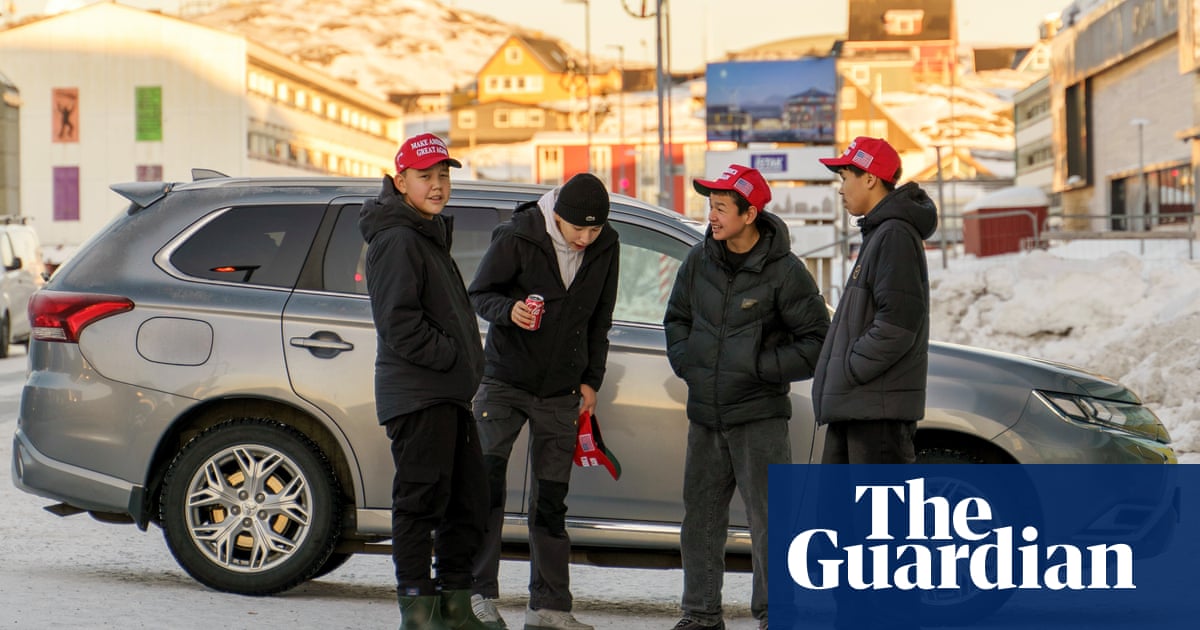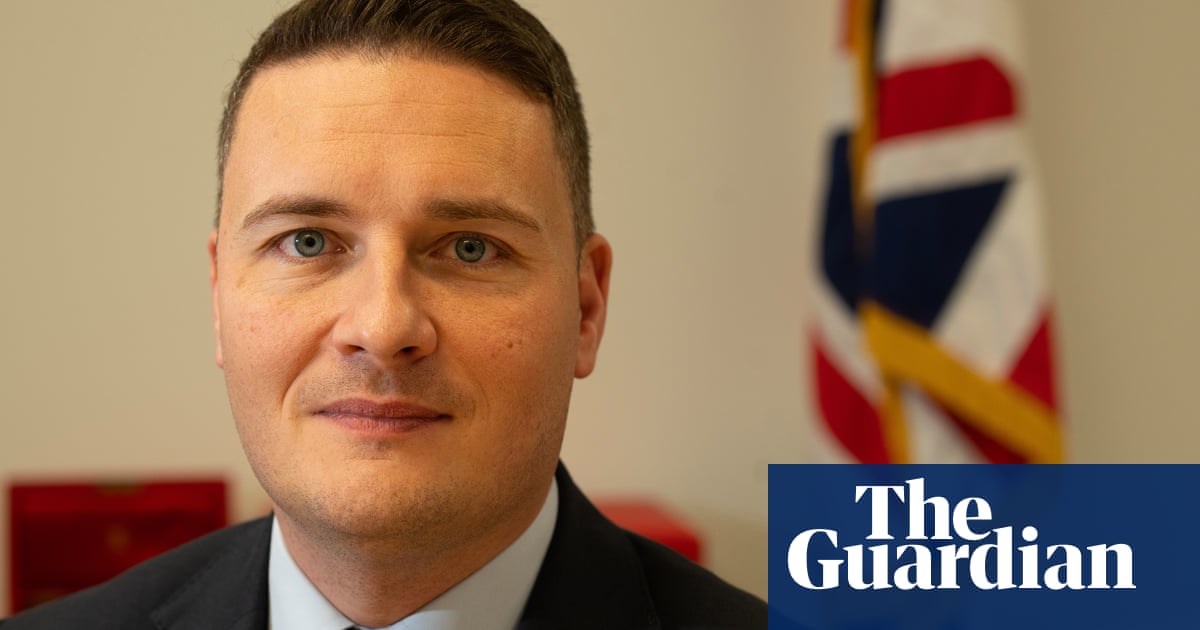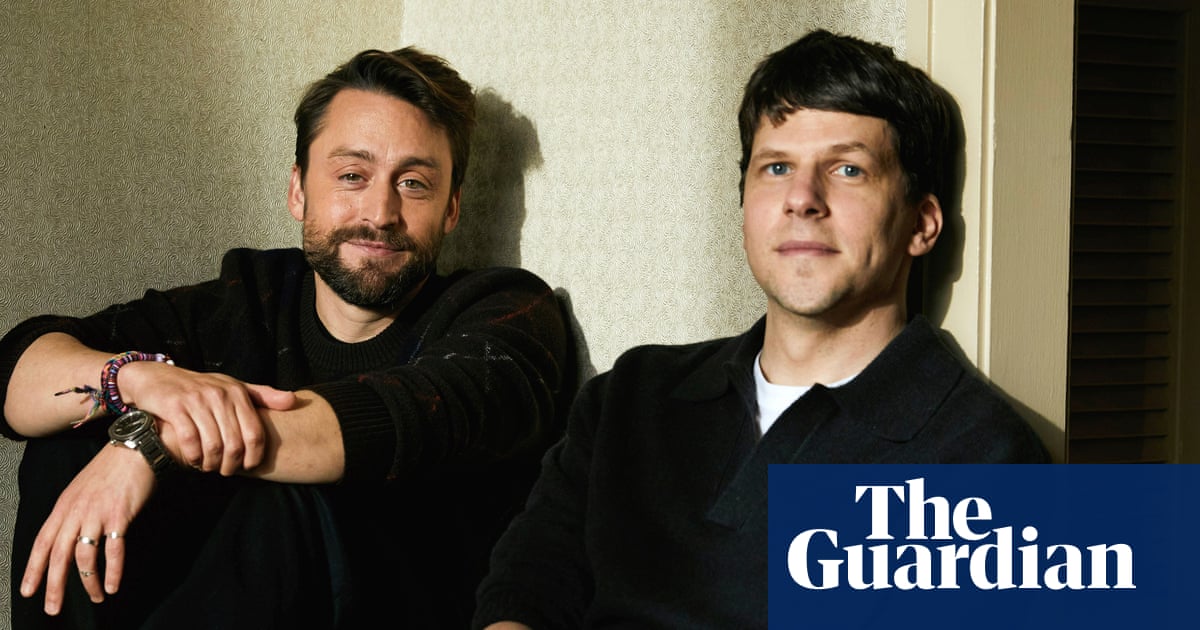The US presidential election has not been the only high-stakes date looming for Elon Musk. It has been more than a year since Swedish workers came out on strike against his electric car giant Tesla. Swedish industrial union IF Metall has been demanding better wages, benefits and conditions for mechanics in Tesla repair shops across the country, but fundamentally what is at stake is the Swedish labour market model of collective bargaining which Musk refuses to recognise.
It is the first and only strike against Tesla anywhere in the world. And it has now become the longest-running strike in Sweden for a century. In April, six months into the dispute, Musk said: “Actually, I think the storm has passed on that front, I think things are in reasonably good shape in Sweden.” That was not true then, and it is not true now.
The past year has been marked by a wave of solidarity strikes by other unions to block the shipping of Tesla cars to Swedish ports, halt the cleaning of Tesla facilities, withhold postal deliveries, including new number plates, to all Tesla offices and prevent Tesla charging stations being connected to the power grid. Tesla has repeatedly lost legal battles against these solidarity strikes, and was recently forced to pay SEK6.5m (£468,000) in legal costs to the Swedish postal service, PostNord.
Twelve Swedish trade unions are involved and three Nordic ones, including Norway’s transport union Fellesforbundet and 3F Transport in Denmark. Meanwhile, Tesla has brought in strikebreakers from the UK, France, Italy, Spain, Finland, Denmark and many other European countries to cover the 52 striking workers, almost half of Tesla’s mechanics in the country.
While legal under Swedish law, the use of strikebreakers is anathema for unions and employers alike in Nordic countries where unwritten rules and norms are essential to their model of worker protection, which rests on collective agreements between employer and employees negotiated via a union. In Sweden, almost 90% of the workforce is covered by a collective agreement, across all sectors. For Tesla, this seems to be of little concern to its notoriously anti-union CEO.
Yet the battle has implications far beyond this northernmost corner of Europe. The United Auto Workers is seeking to organise at Tesla factories in the US and the powerful German union IG Metall is attempting to do the same in Grünheide, the site of Tesla’s only European factory. As Johan Järvklo, the international secretary of IF Metall, has said: “It’s really a global struggle and Sweden is currently at the forefront.”

From the union perspective, allowing Tesla to get away without signing an agreement would risk encouraging other employers in Sweden and Europe to do the same. And from Tesla’s point of view, there is the concern that saying yes to collective bargaining in Sweden could be used as leverage by unions in other countries where Tesla has factories and many more employees. In Sweden, Tesla only has dealerships, offices, repair shops and charging stations.
Although Tesla’s apprehension may be understandable, it stems from a limited understanding of European industrial relations systems. Joining a union is a fundamental right of all Swedish workers, and almost half of the company’s mechanics in Sweden are union members. This means that by law Tesla has to negotiate with the union on many issues, even if no collective agreement has been signed. IF Metall recently filed a lawsuit against Tesla for failing to inform and negotiate with union members over workplace changes, in accordance with Swedish labour law.
In addition, in some parts of Europe, collective bargaining agreements with one company in an industry or region extend by law to most other companies in that industry or region. This is the case in Austria, Spain, the Netherlands, Finland and France, where firms must comply with extended collective bargaining agreements whether they have signed them or not.
And, it turns out, Tesla already has collective agreements in Europe. Although representatives of the company reportedly stated last year that Tesla “has no collective agreement anywhere in the world”, my research has uncovered three local agreements between Tesla France and the largest union in France CFDT. (They are registered on Légifrance, the official website of the French government for the publication of legal documents such as collective agreements.) I believe this new discovery could help to resolve the Swedish stalemate and prevent disputes in other countries.
Why? Well, since Tesla already has to comply with sectoral collective agreements in many countries, and even has local agreements in France, it would not be setting a precedent if it did the same in Sweden. So it should start to see unions as a partner to negotiate with, rather than an enemy.
Even Tesla’s own global human rights policy states that “in conformance with local law, Tesla respects the right of workers to form and join trade unions of their own choosing … or to form and join other employee representative bodies … to bargain collectively”. If the company operated in the spirit of this policy, surely it should be perfectly able to adapt to different countries’ regulations and norms and prevent this unnecessary strike in Sweden from continuing any further into its second year.
As Esther Lynch, general secretary of the European TUC, said: “Musk can make up his own rules when he reaches Mars, but if you want to do business in Europe then you need to play by Europe’s rules and that means respecting our tradition of collective bargaining.”
-
German Bender is chief analyst at the progressive Swedish thinktank Arena and a senior research associate at Harvard Law School’s Center for Labor and a Just Economy. His book on the Swedish Tesla strike will be published in 2025

.png) 2 months ago
19
2 months ago
19













































